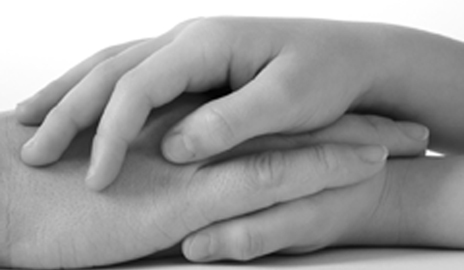|
The Substance Abuse and Mental Health Services Administration (SAMHSA) has many downloadable resources and tip sheets available here:
http://www.samhsa.gov/trauma/?from=carousel&position=1&date=12142012 http://store.samhsa.gov/shin/content//SMA12-4732/SMA12-4732.pdf SAMSHA also has a 24-hour hotline dedicated to providing disaster crisis counseling at 1-800-985-5990 or by texting "TalkWithUs" to 66746. The hotline is open to U.S. residents who are experiencing psychological distress as a result of natural or man-made disasters, incidents of mass violence or any other disasters. |
Talking to your children about tragedy is a daunting task. The American School Counselor Association (ASCA) recommends these general guidelines:
• Try and keep routines as normal as possible. Kids gain security from the predictability of routine, including attending school. • Limit exposure to television and the news. • Be honest with kids and share with them as much information as they are developmentally able to handle. • Listen to kids’ fears and concerns. • Reassure kids that the world is a good place to be, but that there are people who do bad things. • Parents and adults need to first deal with and assess their own responses to crisis and stress. • Rebuild and reaffirm attachments and relationships. Please see these resources for tips on how to speak to children of different age groups about violence: ASCA's Resources for Helping Kids During a Crisis: http://www.schoolcounselor.org/content.asp?contentid=672 |

